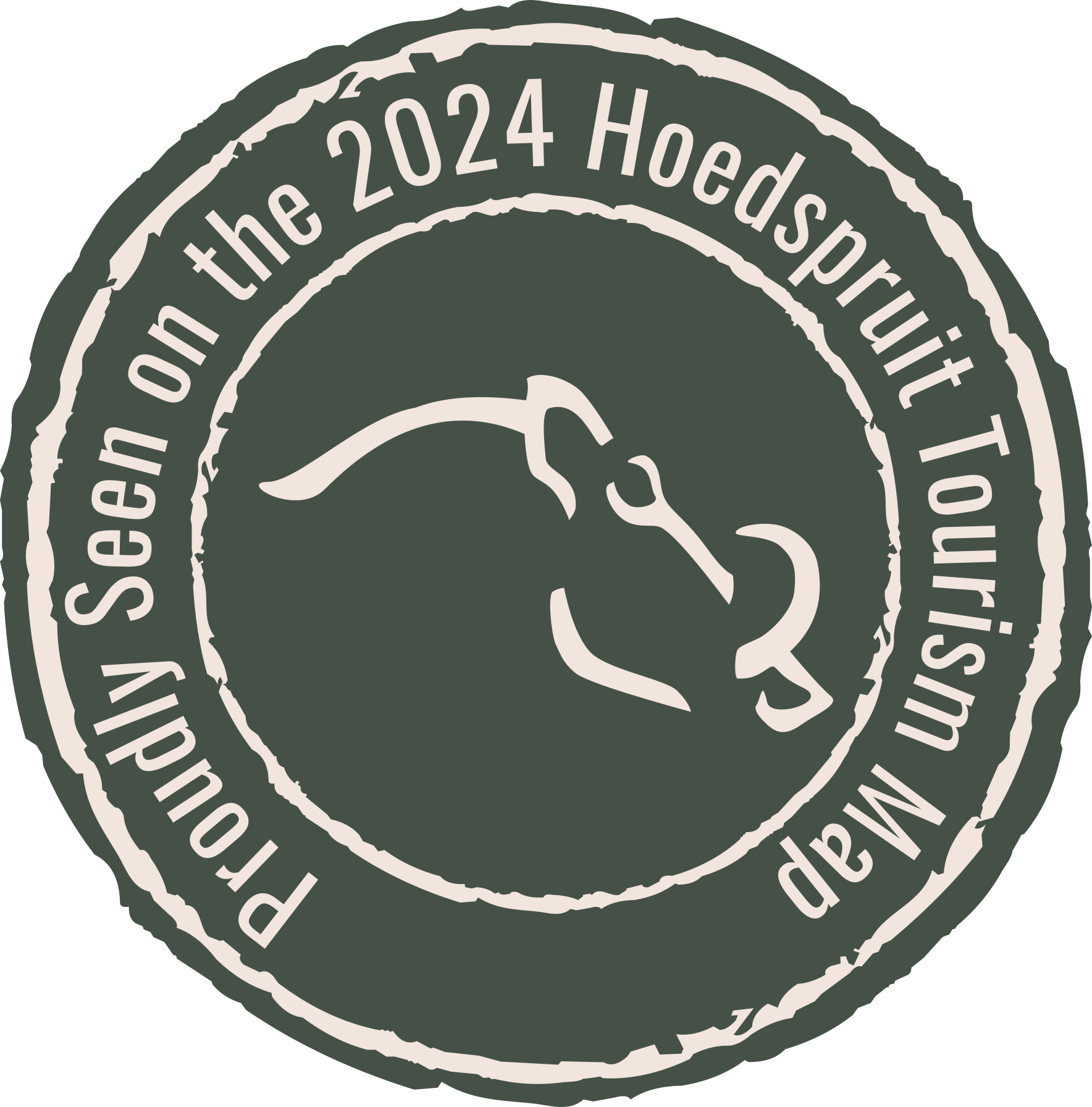Navigating the Future of Travel
In the wake of unprecedented global changes, the travel industry is undergoing a transformation, marked by shifts in consumer preferences and the integration of cutting-edge technologies. As travelers recalibrate their expectations and desires, travel businesses are faced with the challenge of navigating this dynamic landscape. This article explores the emerging trends and evolving consumer preferences that are shaping the future of travel, providing insights for businesses seeking to adapt and thrive in this new age.

Embracing Change
Adapting to the New Normal in Travel
The travel industry, once characterized by familiar patterns, has been significantly impacted by global events, changing the way people perceive and engage with travel. As the dust settles and the world reopens, travelers are approaching their journeys with a renewed perspective. From safety concerns to a desire for unique experiences, the travel landscape is evolving, and businesses must adapt to meet the evolving needs of their clientele.
Understanding the Reader's Intent
For travel industry professionals and enthusiasts keen on staying ahead of the curve, this article serves as a comprehensive guide to navigating the future of travel. By delving into consumer preferences, technological innovations, and emerging trends, readers will gain valuable insights to inform their strategies and decisions in the dynamic world of travel.
Unpacking Consumer Preferences in the New Age
Safety and Well-being as Priorities
In the aftermath of global events, safety has become a paramount concern for travelers. Businesses that prioritize and communicate robust safety measures stand to gain the trust and confidence of their customers. From enhanced hygiene protocols to contactless services, addressing safety concerns is not just a trend but a fundamental shift in consumer expectations.
Rise of Sustainable and Conscious Travel
The modern traveler is increasingly conscious of their environmental impact and seeks sustainable and eco-friendly travel options. Businesses that embrace sustainability practices, from reducing carbon footprints to supporting local communities, position themselves favorably in the eyes of environmentally conscious travelers. Sustainable travel is not just a trend; it's a movement that is reshaping the industry.
Technological Innovations Shaping the Travel Experience
Contactless Travel Experiences
The era of contactless travel has arrived, driven by advancements in technology. From contactless check-ins to digital boarding passes, travelers now expect a seamless, tech-enabled journey. Businesses that invest in contactless technologies not only enhance the customer experience but also demonstrate a commitment to safety and efficiency.
Artificial Intelligence in Travel Planning
Artificial Intelligence (AI) is revolutionizing the way travelers plan and experience their journeys. AI-driven chatbots, personalized recommendations, and predictive analytics are becoming integral parts of the travel experience. Businesses that leverage AI technologies not only streamline their operations but also offer a more personalized and efficient service to their customers.
Shaping the Future of Travel: Emerging Trends
Rise of Remote and Flexible Work
The shift towards remote work has liberated many individuals from traditional office constraints. As a result, the concept of "workcations" is gaining popularity. Travel businesses that cater to the needs of remote workers, offering destinations with robust internet connectivity and flexible amenities, tap into a growing market of digital nomads and professionals seeking a change of scenery.
Curated Experiences and Personalization
Today's travelers are not just looking for destinations; they seek curated experiences tailored to their preferences. Businesses that offer personalized travel itineraries, immersive cultural experiences, and unique activities stand out in a market saturated with options. The future of travel lies in providing memorable and personalized journeys that go beyond conventional tourism.
The future of travel is a dynamic landscape shaped by evolving consumer preferences, technological innovations, and global changes. Travel businesses that embrace these shifts, prioritize safety and sustainability, and leverage cutting-edge technologies are well-positioned to thrive in this new age. Navigating the future of travel requires agility, adaptability, and a deep understanding of the changing needs and desires of today's travelers.
ASK US
For travel businesses: Embrace change by aligning your strategies with emerging consumer preferences and technological trends. From prioritizing safety measures to incorporating sustainable practices, the key to success lies in adapting to the evolving landscape of travel.
Frequently Asked Questions
Articles







